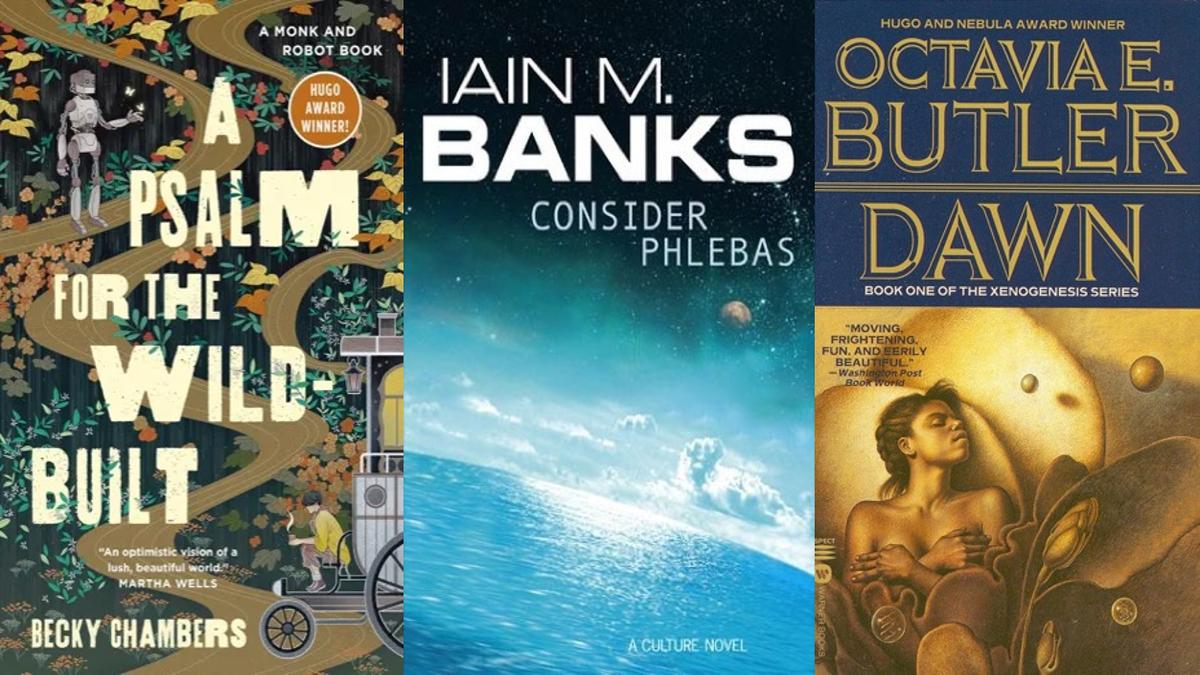
The future is genderfluid. Then again, so was the past. Considering trans people have been historically documented for millennia, and have existed for as long as human beings have been around, it only makes sense that we’d be conquering the stars one day. As a genre that is fundamentally about transcending the perceived limits of the human experience, sci-fi pairs with trans thought better than peanut butter and chocolate (sorry, jelly). If you’re looking for 10 of the best sci-fi books with trans and non-binary characters, you’ve landed on the right literary planet.
A Psalm For The Wild Built
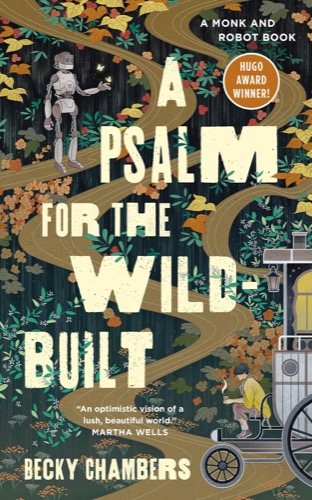
Becky Chambers’ A Psalm For The Wild Build is a solarpunk novel, one that radically embraces optimism, open-mindedness, and a harmonious existence between the technological and natural world. This is the exact balance that non-binary acolyte Dex is attempting to cultivate in their life. Training to be a tea monk (basically a hot leaf juice pouring therapist) Dex discovers that the job is harder than they expected after a disastrous experience with a first client leaves them stumped. Seeking answers to life’s big questions, Dex wanders off into the woods and bumps into another genderless being: Splendid Speckled Mosscap – a rather philosophical robot. No existential quandaries have been solved yet, but you know what they say, two non-binary heads are better than one.
The Left Hand of Darkness

A forerunner of genderqueer sci-fi, Ursula K. Le Guin’s The Left Hand of Darkness takes place on a planet populated entirely by non-binary people – save for one. An ambassador for an interstellar human federation, Genly Ai journeys to the ice world of Gethen to make the acquittance of its post-human inhabitants hope they’ll join up with the rest of humanity space society. That’s a tall order the people of Gethen, considering that their society throws human concepts like gender out the window. Gethenians ambisexual, and take on male or female sexual characteristics during a brief monthly mating period called kemmer. On a planet where everyone can get pregnant, human social constructs like war fly right out the same window that gender went. Part gender deconstruction, part political thriller, part wilderness survival epic, The Left Hand of Darkness is as varied as the Gethenians themselves.
I Sexually Identify As An Attack Helicopter
While technically only a short story, Isabel Fall’s I Sexually Identify As An Attack Helicopter packs the gender questioning literary punches of a novel three times its size. Based off of a meme originally intended to delegitimize the trans/non-binary experience, the story takes place in a militarized future where soldiers are assigned genders based on their combat roles. The plot cycles around Barb, who has been assigned “attack helicopter” as gender in order to become a more effective pilot. While carrying out a bombing run on a high school with alongside their gunner Axis, Barb reflects on their former life as a woman, their current life as a weapon, the radical idea of combat as an expression of sex and gender euphoria. Part intellectual treatise on gender identity and part nail biting military thriller, this story will have your mind and heart racing in equal measure.
Xenogenesis (Lilith’s Brood)

Like The Left Hand of Darkness, Octavia Butler’s Xenogenesis series explores the idea of gender expansive aliens and the humans that love them. The Oankali are a three gendered species that the human Lilith encounters after waking up in one of their spaceships, hundreds of years after humanity blew itself to smithereens in a nuclear war. Upon learning about her new keepers, Lilith discovers that the Oankali reproduce by combining their genes with various species across the stars – process facilitated by the Oankali’s non-binary members: the ooloi. The Oankali intend to repopulate Earth, albeit with human/alien hybrids. While the prospect makes the Oankali sound nefarious, they’re anything but. They’re an adaptable, pragmatic, and deeply emotional species just like us, even if they are covered in tentacles.
Ancillary Justice
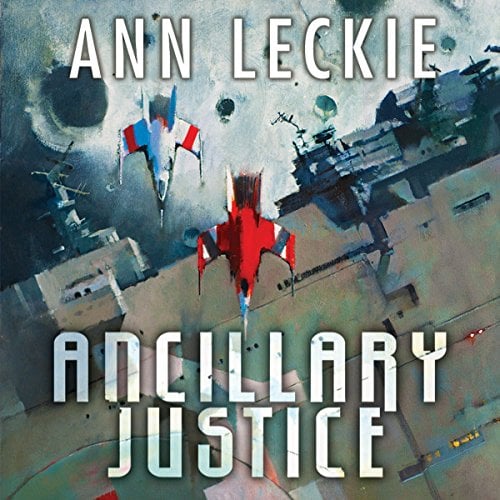
Ancillary Justice by Ann Leckie’s details the exploits of Radch Empire, an expansionist alien species that uses AI controlled spaceship fleets to conquer the stars. When not piloting spacecraft, these AI also operate corporeal bodies called “ancillaries” to serve as ground troops. After an AI named Breq wakes up in the body of a single ancillary in the wreckage of a spaceship, she embarks on a quest to find out why. While the Radch Empire uses “she” as an all encompassing pronoun, its AI main character is non-binary, and has a complicated relationship with gender. Breq doesn’t understand the gender spectrum as far as she can throw it, and struggles to communicate with gendered species in gendered languages. You and me both, babe.
The Culture Series
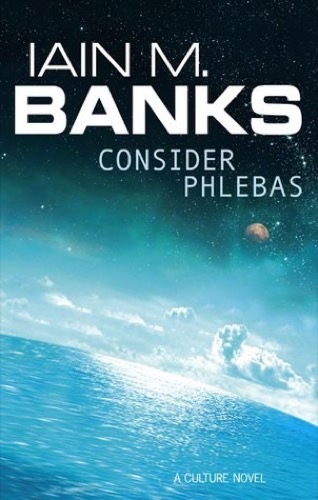
Like Xenogenesis and The Left Hand of Darkness, Ian M. Banks’ Culture series is rife with gender-expansive civilizations – including our own. Humanity has paired up with AI to form an interstellar society appropriately called “The Culture” where scarcity and violence are a thing of the past. Technology has reached a point where biological creatures can have all their needs met without working for them, allowing them to explore other pursuits – like changing their gender!. A large swath The Culture’s human population is trans/non-binary, having switched between the sexes at multiple points in their lifetimes. It’s a practice as common as buying a car or going to college which, well, now humans don’t do at all, considering there’s no need for higher education or gasoline based transportation. On other planets, gender is a source of institutional violence. On the planet Ea, The Empire of Azad is a draconian three gendered society – where the ruling “apex” gender dominates both males and females. Even when the future is fluid, gender still gets thorny.
The Murderbot Diaries
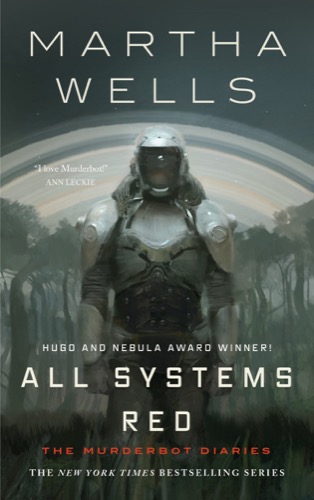
Centered around genderless robots in a not so distant future, Martha Wells’ The Murderbot Diaries can be read as a rich trans allegory. The series’ main character Murderbot is a cyborg security unit owned by a mega-corporation, but after being freed from its duties, it decides binge on media rather than bloodshed. As a synthetic life form attempting to reconcile with an organic world, Murderbot’s struggle to fit in with a human world is similar to the trans experience. Murderbot experiences a sort of “biological dysphoria” and is deeply uncomfortable with its soft and fragile human parts – and preferring the hard edges of its mechanical components instead. It’s a series about a being left ambivalent by society, weighing the odds of whether it should attempt to understand or turn its back entirely. Trans and non-binary people in a heteronormative world may relate, I certainly can.
The Seep
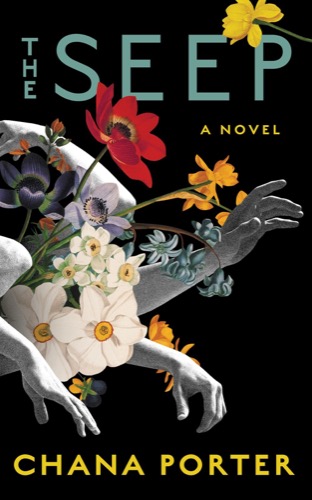
Chana Porter’s The Seep is the story of an alien invasion. No, no, put your 3D printed guns and your go-bags away, this alien invasion already happened – we lost. The Earth has been overtaken by a hyper-intelligent entity called The Seep, an incomprehensible creature of cosmic horror – except it’s really nice. The Seep has ended human suffering, making war, capitalism, disease and everything else that made our lives historically suck a thing of the past. Free to pursue idle pleasures, humanity uses Seep tech to follow its wildest dreams. For instance, what if you could relive your life as a baby? That’s exactly the sort of paradise that Deeba wanted to experience, abandoning her trans wife Trina in the process. Alone and heartbroken, Trina decides to embark on a rebellious quest to stick it to The Seep – this Lovecrafitan entity can take its utopia and shove it up its… whatever it has.
Light From Uncommon Stars
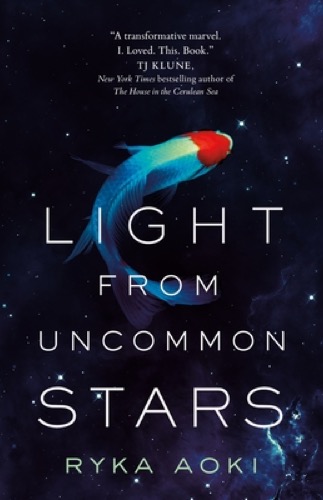
Light From Uncommon Stars is the story of a a violinist who, like many musicians in literature, decided to strike a deal with the devil. Shizuka Satomi promised to furnish Hell with seven violin prodigies – trading them riches and fame in exchange for their souls. Six souls down, Shizuka thinks she’s found lucky seven in the form of runaway trans violinist Katrina. Fleeing from an abusive home, Katrina thinks she’s found safe harbor under Shizuoka’s tutelage, but the renowned violin teacher has her own agenda – which also involves falling in love with an alien refugee who has taken up residence in a donut shop. A combination of sugar sweet and achingly painful, this novel feels like swallowing a box full of glazed donuts only have the sprinkles catch in your throat.
An Unkindness of Ghosts
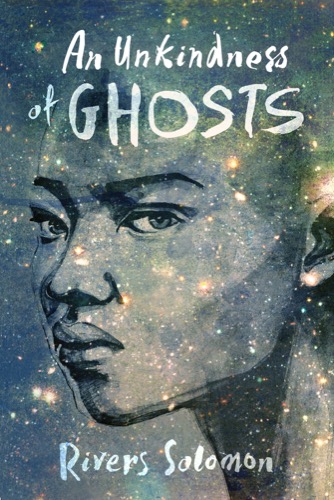
Rivers Solomon’s An Unkindness of Ghosts takes one of the ugliest time periods in American history and gives it a sci-fi spin. On the generation ship HSS Matilda, society has been structured to resemble the antebellum South – with darker skinned passengers forced to live in the lower decks. Aster is a Black, gender non-conforming healer who cultivates medicinal planets in order to care for the ships’ lower classes. Consistently targeted for abuse due to her identity, Aster decides to strike back against her oppressors by stoking the fires of revolution. Accompanied by the Theo, a non-binary surgeon who serves as her mentor from the upper decks, Aster serves up mutiny to the ships’ overseers – leaving no rebel stone unturned, or un-chucked at their heads.
Have a tip we should know? [email protected]







